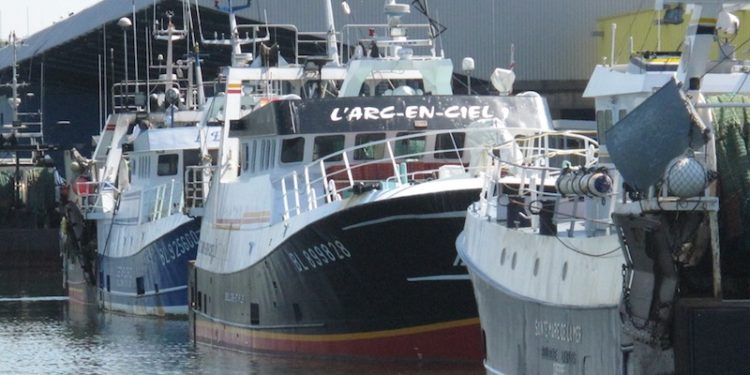The European Fisheries Alliance (EUFA) welcomes the agreement in principle on a transition period announced by EU Chief Negotiator Michel Barnier and the UK Secretary of State for Exiting the European Union David Davis MP.
The EUFA has stressed from the outset of the Brexit negotiations that fishing fleets on both sides of the Channel need time and predictability to make appropriate plans for the future. A transition period that maintains relative stability will ensure the continued sustainability of stocks and economic competitiveness for the fishing industry in the EU and the UK, while a mutually beneficial future EU-UK fisheries agreement is negotiated.
‘Today’s announcement on the transition period is an important step forward. It gives both the EU and UK fishing fleets certainty until the end of 2020 and allows time to negotiate a post-Brexit fisheries relationship which is in the interest of both sides. The EUFA believes it is important that the UK is properly consulted during the transition and today’s draft agreement should help to achieve that,’ said EUFA Chairman Gerard van Balsfoort, commenting that the EUFA recognises the importance of involving the UK in a meaningful way in the annual discussions on TACs and fishing opportunities during the transition.
‘We believe the proposed mechanism in Article 125 provides a pragmatic solution and are pleased that the UK would be able to take part in international consultations and negotiations as part of the EU delegation as and when appropriate,’ he said, adding that the progress made on the draft Withdrawal Agreement, including the transition period, is a step in the right direction and the EUFA would like to thank the European Commission’s Task Force 50 and the governments of our respective Member States for their efforts to date.
‘We now stand ready to support the European Commission and the EU27 during the next phase of negotiations on the future framework. Maintaining reciprocal access to waters and resources should be at the heart of the post-Brexit relationship in fisheries given the historic ties between our countries and industries,’ Gerard van Balsfoort said.
‘We now look forward to the adoption of European Council guidelines on the future framework for EU-UK relations and discussions on the post-Brexit relationship in the area of fisheries. In this regard, the EUFA believes it is vital to maintain existing access to waters and resources and to conduct negotiations in the context of wider trade relations. The historic interdependence between the EU and UK fishing industries means both sides have a strong interest in reaching a good outcome.’









